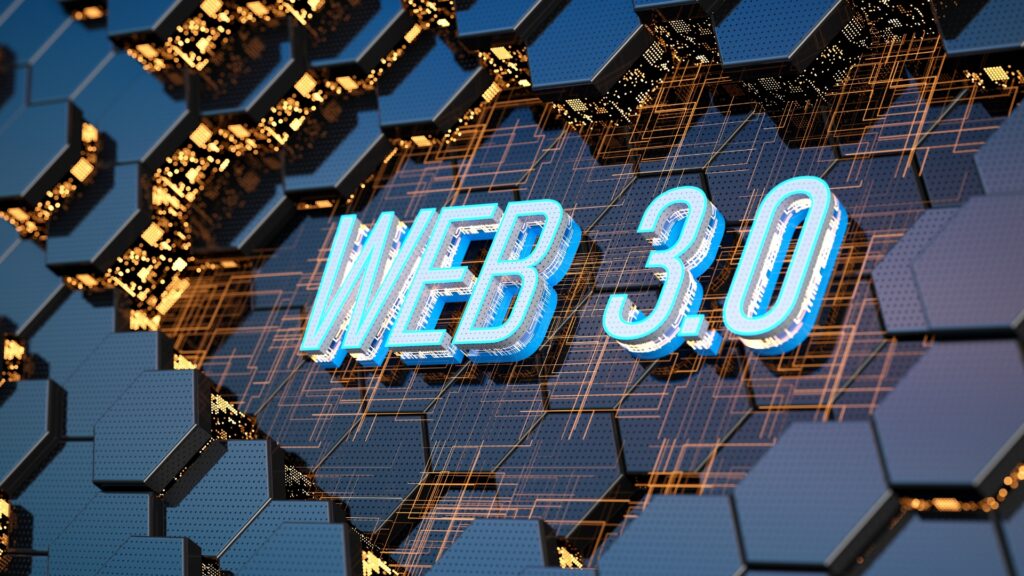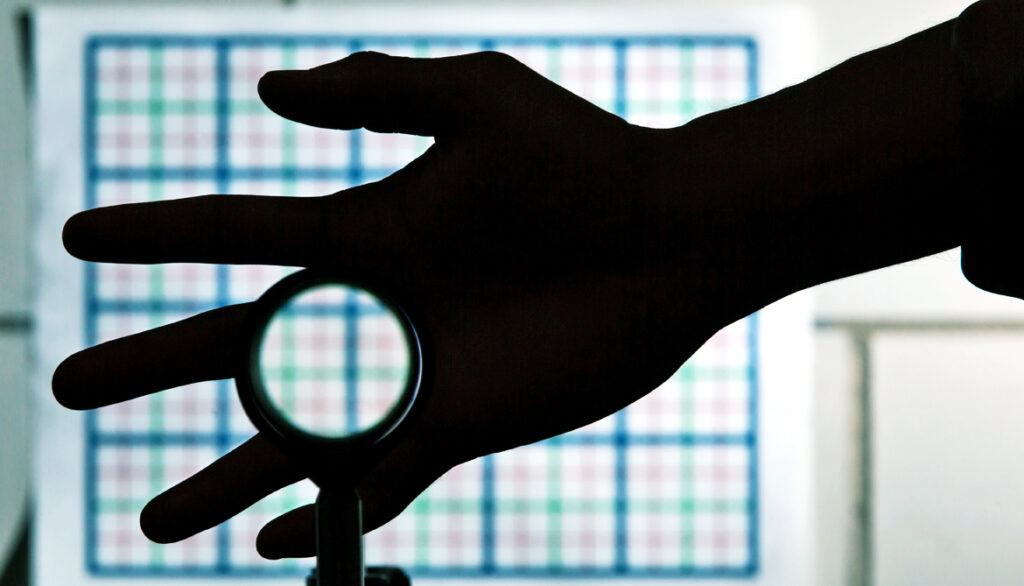The Internet has made significant strides since the 60s. Blockchain technologies such as cryptocurrencies, Blockchain, and NFTs are being touted as a technology that will revolutionize the Internet. Web 3.0, the modular web, is predicted to be more complete and accessible than its predecessors.
What’s special concerning Web 3.0? It leverages AI, machine learning, and blockchain tech to enable human communication. Web 3.0 is poised to change how businesses function and enhance the experience of Internet users.

What is Web 3.0 Exactly?
Web 3.0 represents the next generation of the internet. It seeks to shift power from big corporations to individual users. Its primary goal is decentralization, transparency, as well as security. Web 3.0’s big goal isn’t solely to interpret the input you type in but also to comprehend what you’re saying and give you personalized recommendations based on the potential of artificial intelligence (AI) and machine learning (ML).
Evolution From Web 1.0 to Web 3.0
Web 1.0 was the early Internet that was in existence until 2000. The first websites allowed you to read content on servers and interact with these servers using simple methods. Search engines were around, and there were also e-commerce websites such as Amazon or eBay.
Web 2.0 was much more interactive, greater collaboration, as well as more efficient. It was also a technical reason for this that was the case, not least of them was the rapid increasing bandwidth accessible to users and servers. This new version of the internet brought us smartphone technology and mobile computers. Web 2.0 could enable near-real-time interactions, making collaborative work possible. Social networks such as Facebook and Twitter were a part of this; however, so were games that incorporated graphics. Also, it was the beginning of Big Data and the machine algorithm for learning that went through the data.
Web 3.0 is defined by intelligence. This intelligence does not just exist in the interactions between individuals or websites but also between the software. There’s more to it than that. The distinction between Web 2.0 and Web 3.0 includes a variety of aspects.
Major Differences between Web 2.0 and Web 3.0?
Information users share in Web 2.0 is stored with the cloud provider, which is utilized by an online service, whether food delivery or e-commerce, while in Web 3.0, all web-based services run on the blockchain.
Cloud is managed by big companies like Amazon, Google, and Microsoft, as well as being centralized. The data is distributed over networks for blockchain, and no one holds the information.
What makes Web 3.0 unique?
The aim of Web 3.0 is to make the Internet an equitable and open web where everyone can be part of it. The advantages that come from Web 3.0 are:
Interoperability: With data from every part of the internet spectrum combined, Web 3.0 can allow applications to operate across different devices and platforms. IoT devices make them interoperable.
Permissionless: Another advantage to Web 3.0 is the use of blockchains that are permissionless, which assists in reducing the constraints for users based on geographical place of residence or gender, wealth, orientation, or other characteristics.
Self-governance and shared ownership: Web 3.0 doesn’t require the involvement of a central authority. Therefore, decentralized applications, also called dApps, aren’t restricted or blocked. In addition, it assures that ownership is evenly distributed to all network users.
Security: Decentralization, distribution, and blockchain technology make Web 3.0 more secure than the previous versions.
How can Web 3.0 benefit us in the long term?
Check out below:
Accessibility
Data can be accessed at any time and from any device. Connecting your mobile device or other devices to a computer can enhance data collection and make it possible for everyone to access the internet. No single company or entity can regulate any part of the web. Decentralized apps cannot be blocked; neither can their access be restricted.
Efficient data processing
Web 3.0 will help greatly in the area of problem-solving and the creation of knowledge. AI will be able to extract valuable information from massive amounts of data. Users can even use Web 3.0 to anticipate client’s needs and offer personalized services.
Transparency
Whatever blockchain platform you use, keeping track of your data and studying the code is possible. Most blockchain platforms are created by non-profit organizations, meaning you’ll receive an open-source platform. This allows for open development and design. There is no reason to put your faith in large corporations or companies.
Privacy
Data security and misuse have been the subject of worry in recent years. Many are concerned about sharing their personal data online. But, Blockchain and cryptocurrency have advanced tremendously, thus securing your information as well as making it simpler to locate the data online. Because of its decentralization, it is less likely to suffer one-point failures.
What are the implications of Web 3.0?
Let us find out below:
Choice over personal information:
When we get to Web 3.0, instead of data being stored in centralized databases of major companies, the data will be stored in blockchain technology, which a single organization does not manage. In this way, individuals’ data will be theirs to decide which advertiser they’d like to offer their data to.
Impact on major technology companies:
Internet 3.0 implementation will cause large tech companies to rethink their business models to become more community-driven and owned. Big tech companies are already testing different aspects of this technology.
The new environment for regulations:
The regulation of Web 3.0 requires a new way of thinking about regulation. Governments with authority could seek to own the emerging technology while removing private competitors. For instance, China began researching digital money in 2014. It plans to restrict its use at the expense of privacy, freedom and political discord.
Some countries might make Web 3.0 innovations in compliance with the established legal frameworks. For example, India is also considering regulating cryptocurrency under SEBI.
Final Thoughts
The most recent evolution of the internet, Web 3.0, promises to transform how we use the internet in a completely new way. Web3 could make a more democratic and egalitarian internet accessible to all users due to its decentralized capabilities, enhanced security, and greater transparency. We may see more innovative applications and use instances for this unique emerging technology when Web3 continues to evolve.



